As always, we began our visit at the Visitor Center where there are exhibits about his life as well as an audio visual presentation (excellent). As an educator, author and orator, he became one of the most influential African Americans of the time.
Booker was born on the tobacco plantation of James Burroughs. His father is unknown as slaves were not permitted to marry and families were torn apart when owners sold family members to others. Booker's stepfather, John Washington, and his uncle were owned by another slave owner who hired them out to others for profit (which is how he came to work on the tobacco farm). Jane was Booker's mother and he had a brother (John) and sister (Amanda). His mother was the cook and she and her three children lived in the (reconstructed) cook's cabin. Nearby, the foundation of the original Burroughs home can be see.
Two of the Burroughs sons were slave traders. Not only was physical abuse by owners feared, but the separation of families was of the greatest concern. When Booker's uncle was lashed it had a long-standing effect on him (as you can well imagine). Below is a photo of an African American who had joined the Union Army.
Booker and the other children worked as soon as they were able. Carrying water, ringing the bell outside the cabin (to begin work and at the end of the day) and even shooing the flies from the dinner table of his owners were some of his jobs. As a young child he would pull on the rope watching the family eat, while he and his family were always hungry and ate only scraps.
James Burroughs died in 1861 and five of the Burroughs' sons joined the Confederate forces (two of them died during the Civil War). When all slaves were freed at the end of the War in 1865 (see photo below), Booker's mother joined his stepfather in West Virginia where they were legally married.
Slaves were not permitted to read or write and Booker relentlessly pursued his own education after the war. He eventually became the first principal of Tuskegee Normal and Industrial School in Alabama where he carried out his life's work. He only returned to his birthplace once in his life (1908) after the emancipation.
We explored the farm that has been restored to its appearance in the 1860s. Various buildings, herb garden and vegetable gardens as well as farm animals can be seen on a self-guided walking tour.
Following the map of the farm, we continued down the path to the tobacco barn. Growing and processing tobacco was a very labor-intensive endeavor, hence the use of slave labor in the south on not only cotton plantations, but tobacco ones as well.
Nearby is the Jack-O-Lantern Branch Loop Trail. The creek was the source of water for the farm. We enjoyed the stroll through the woods before wrapping up our visit here. Leashed dogs are permitted on the grounds, so our sweet doggie, Sadie, had a great time here!
After visiting a place like this, the lives of those enslaved here haunts me for weeks. It's hard to imagine the hardships that Booker T. Washington had to overcome to achieve the level of achievement and influence he did in his lifetime. It is truly amazing. We have visited the Tuskegee Institute in our travels where we learned about his adult life (windsofdestiny-rvlife.blogspot.com/search?q=Booker+t+Washington), but his birthplace provides fascinating insight into this great man.
For additional information about the national monument, check out their website at www.nps.gov/bowa.
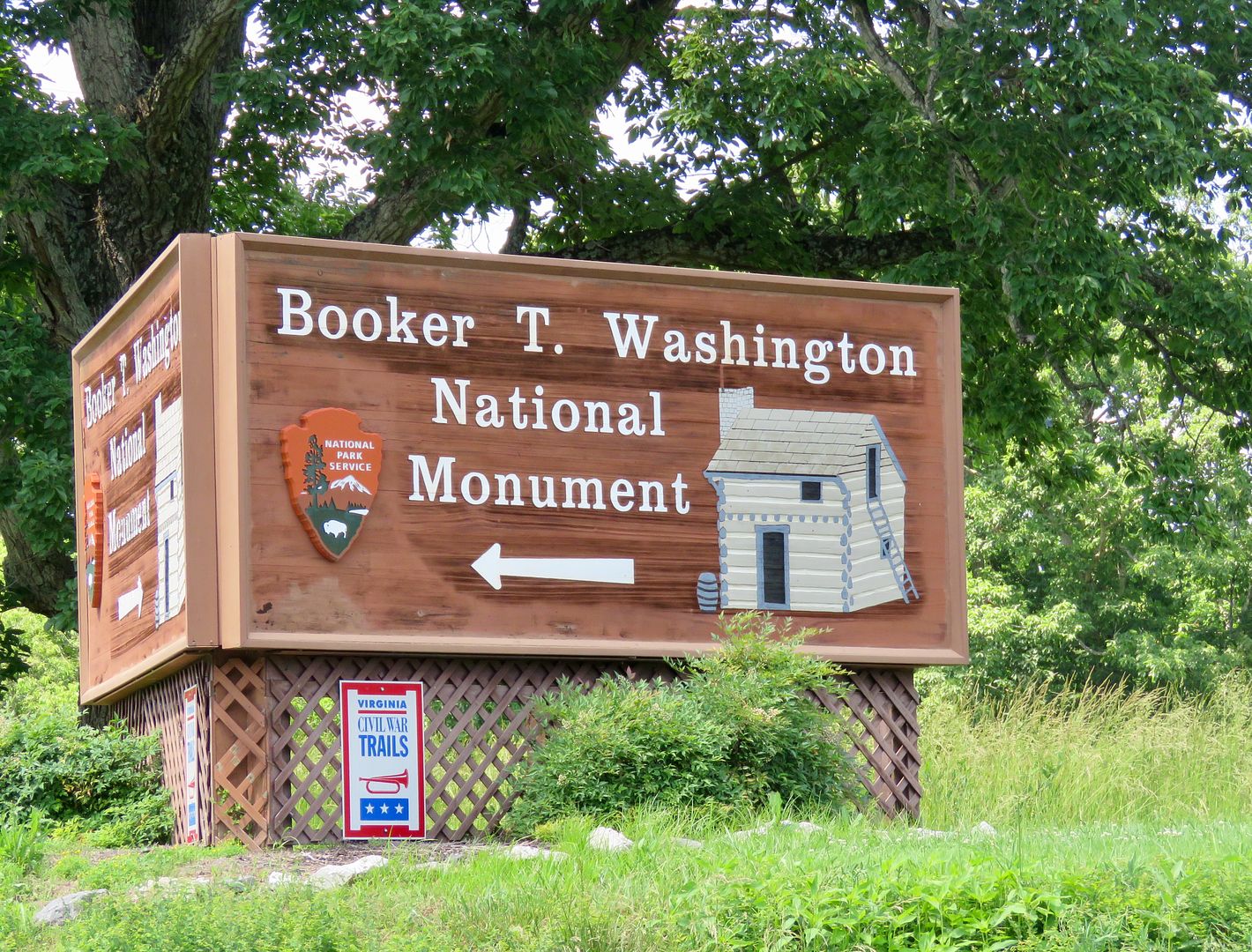
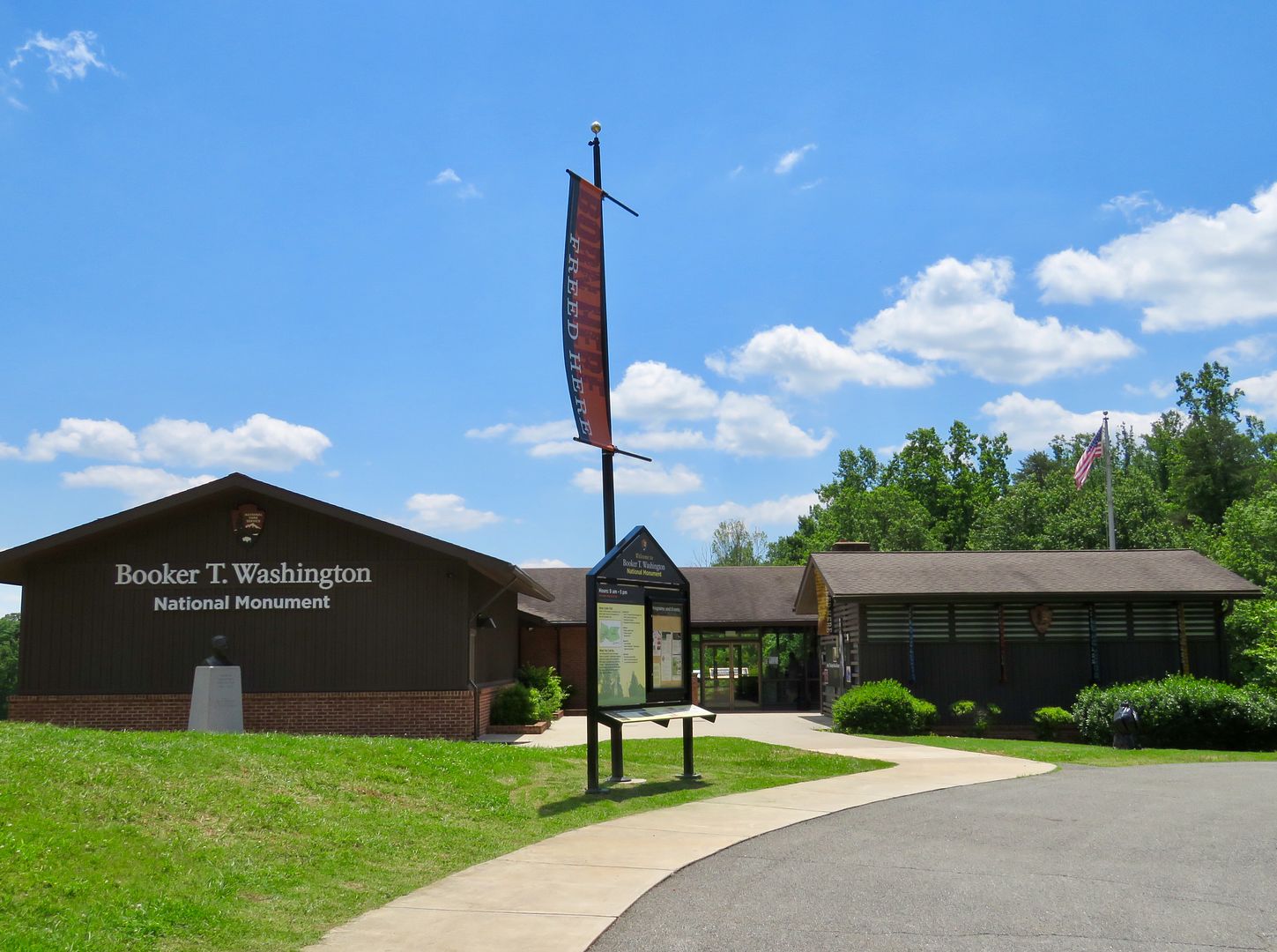
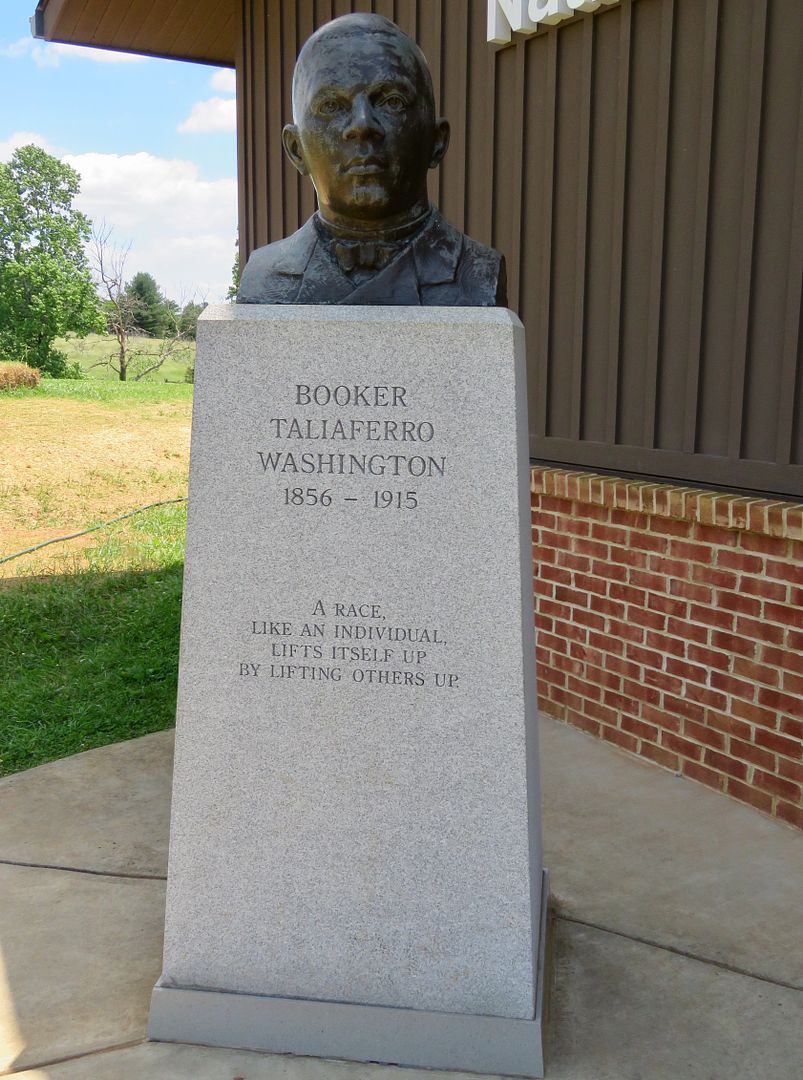
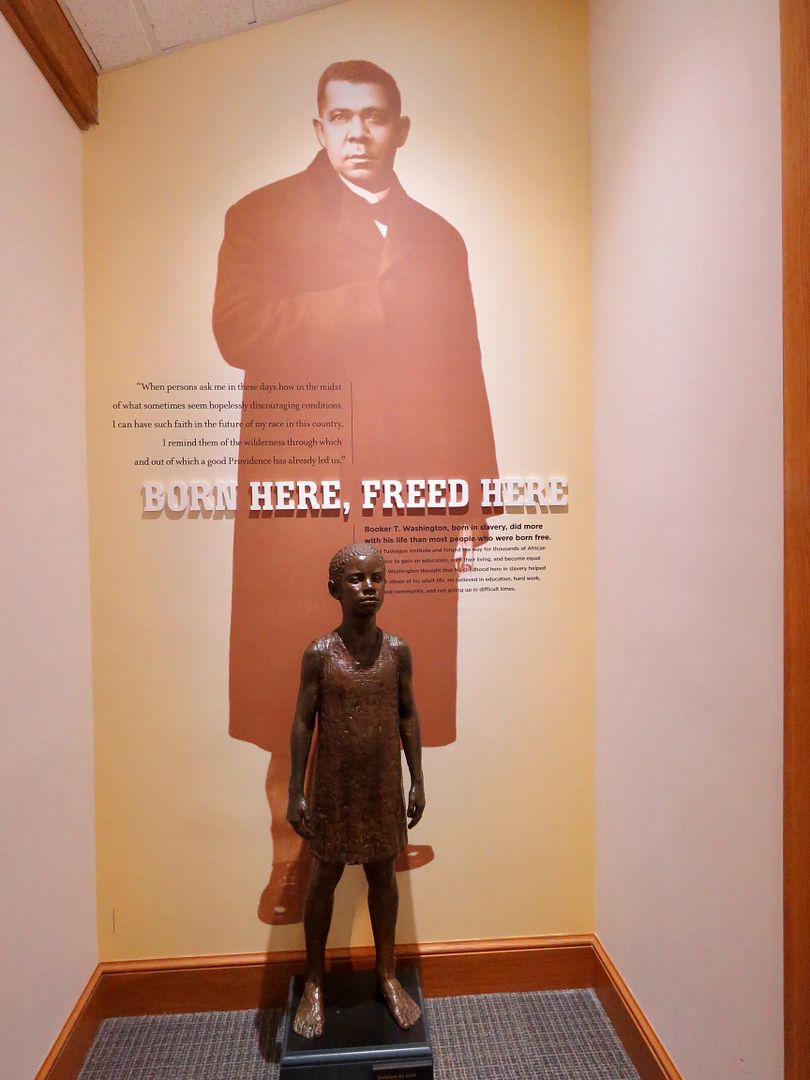
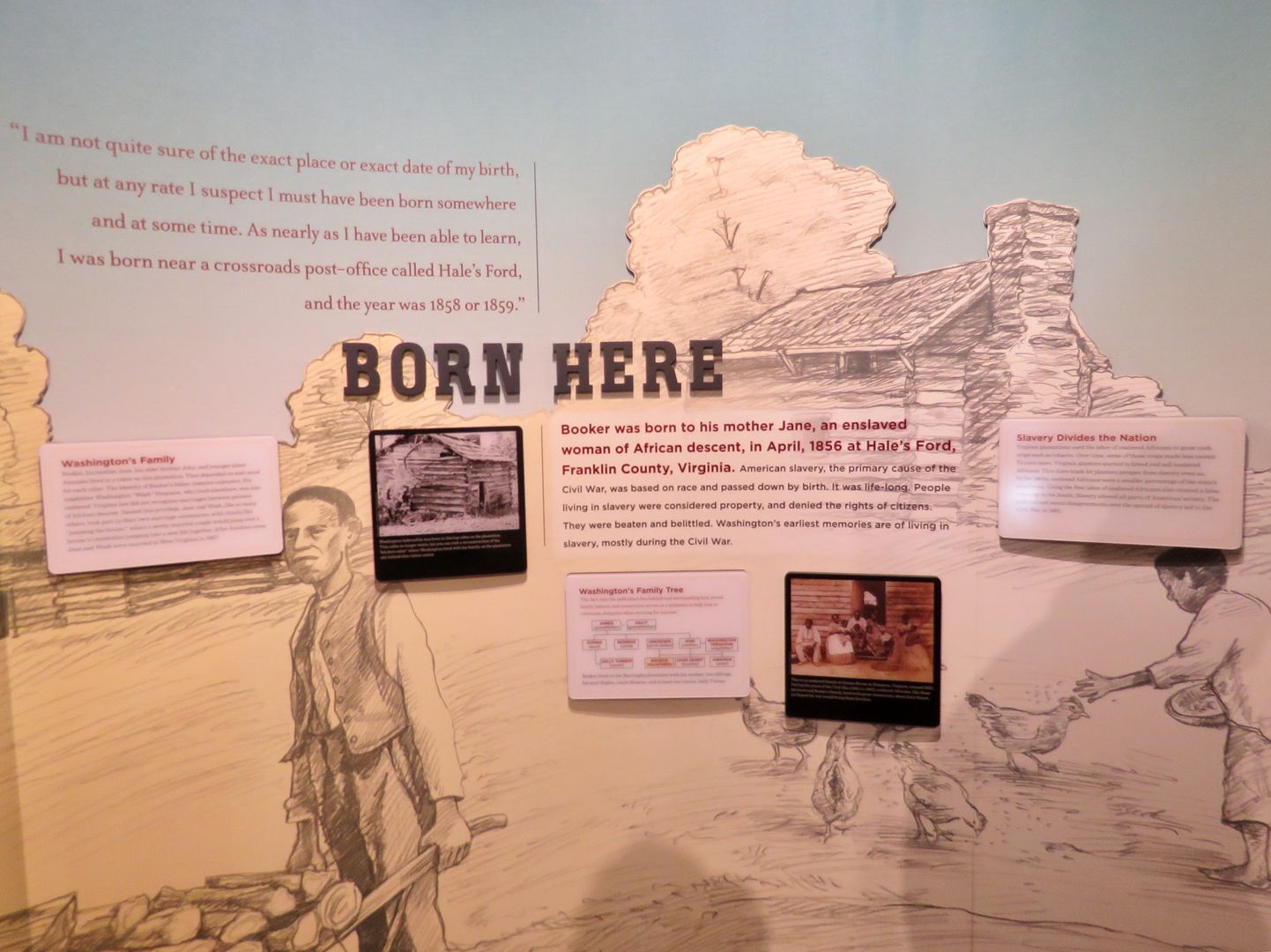
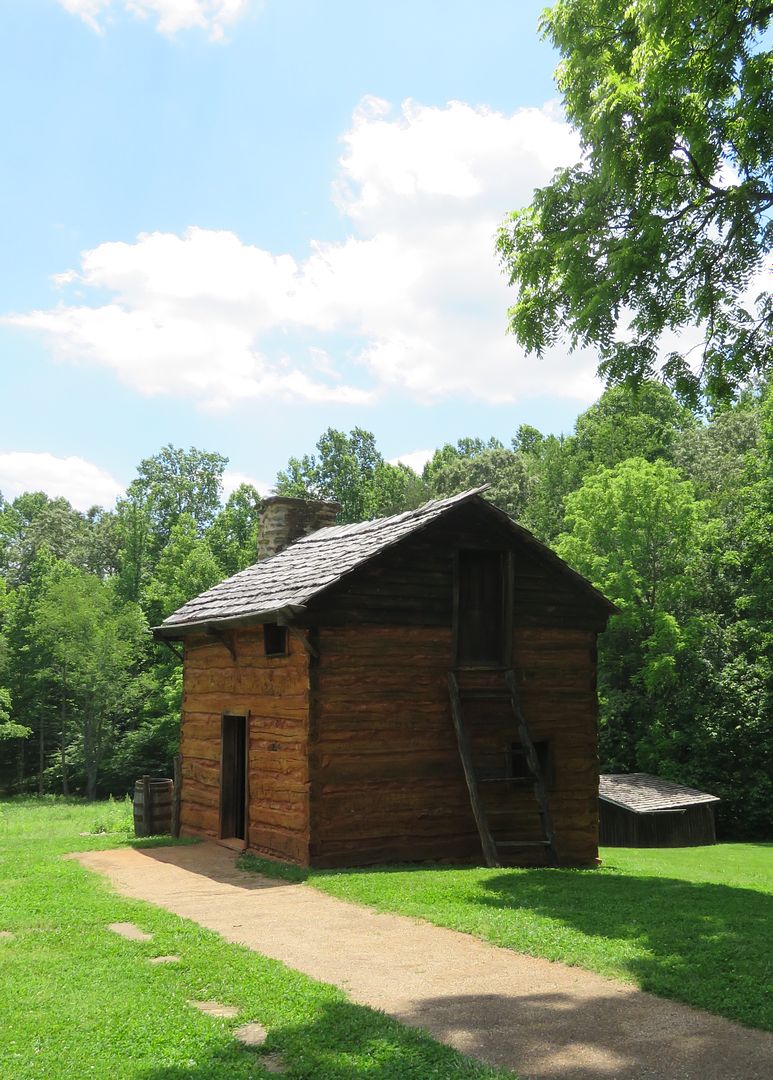
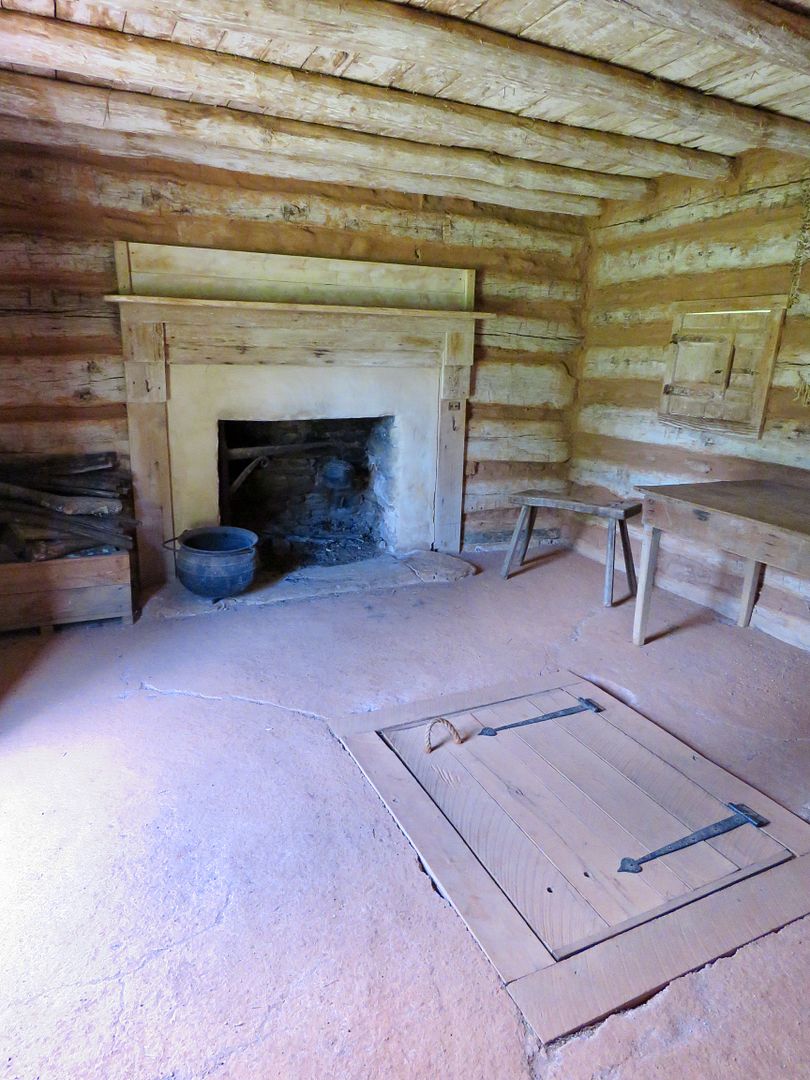
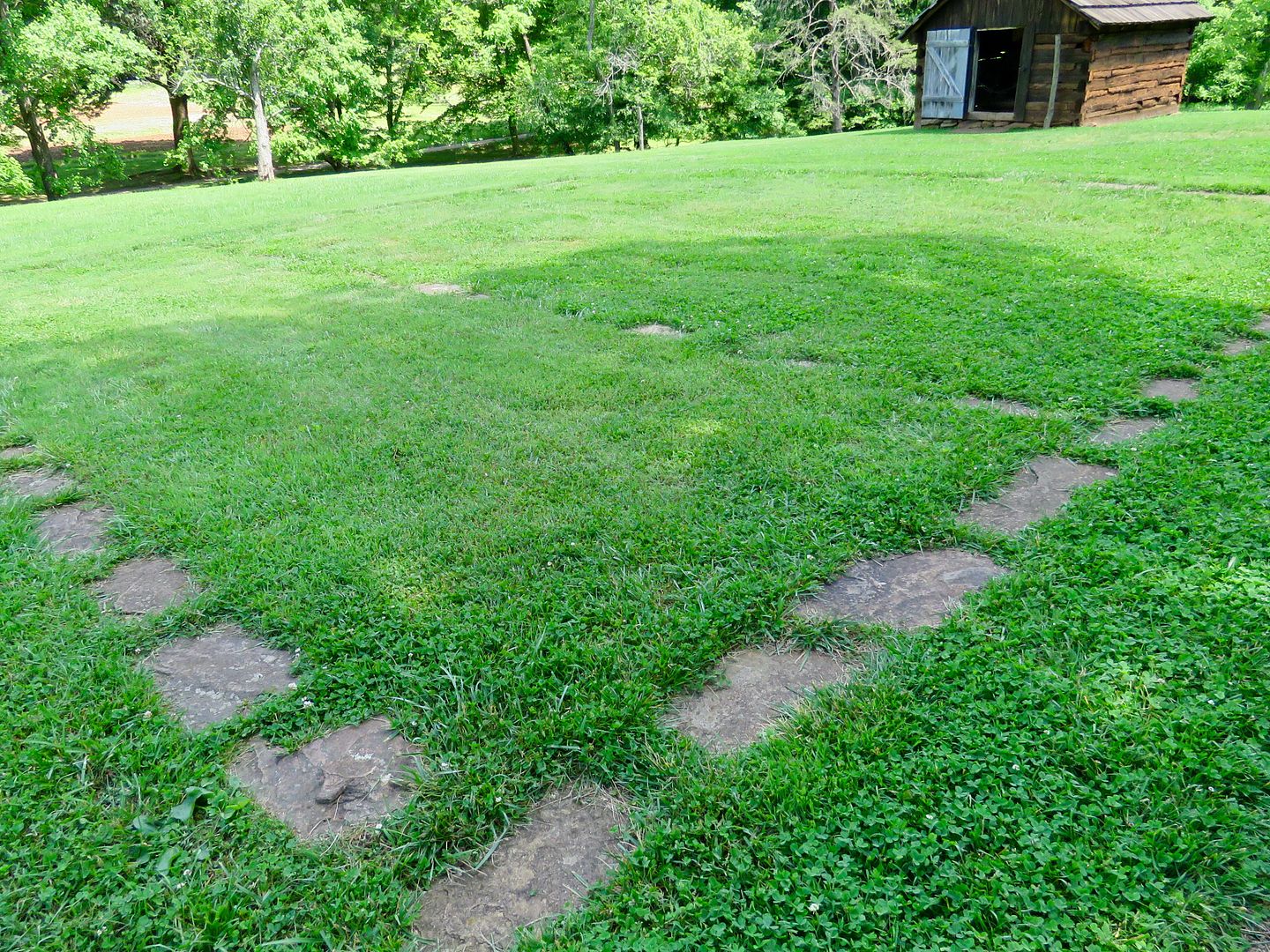
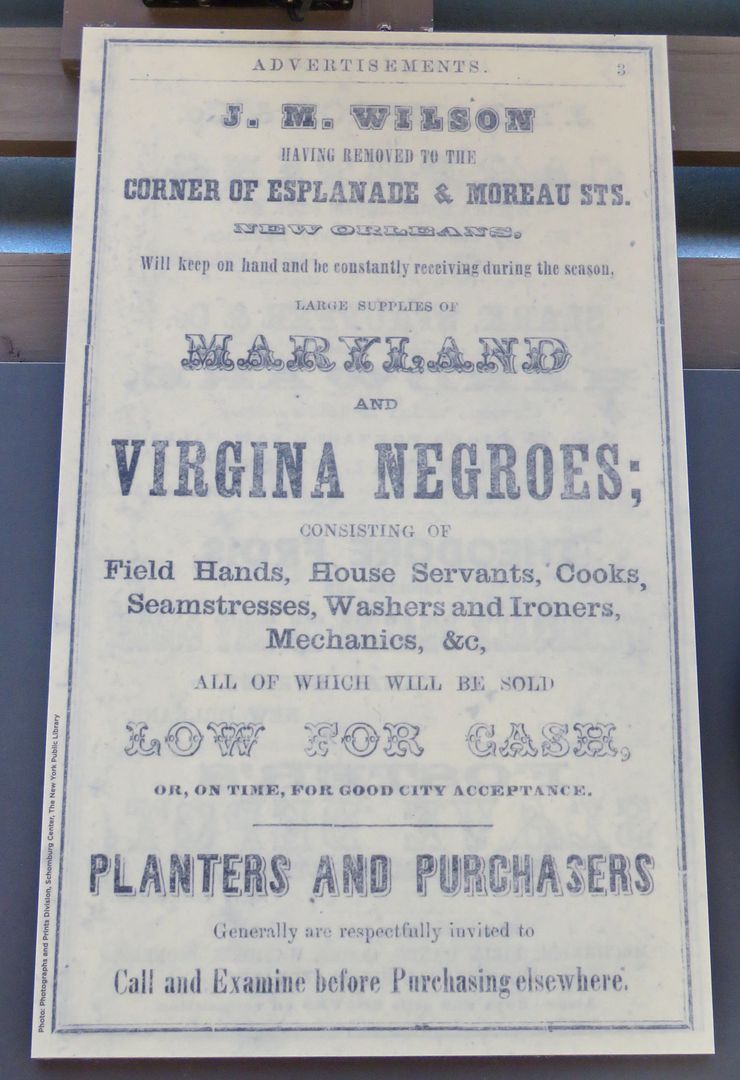
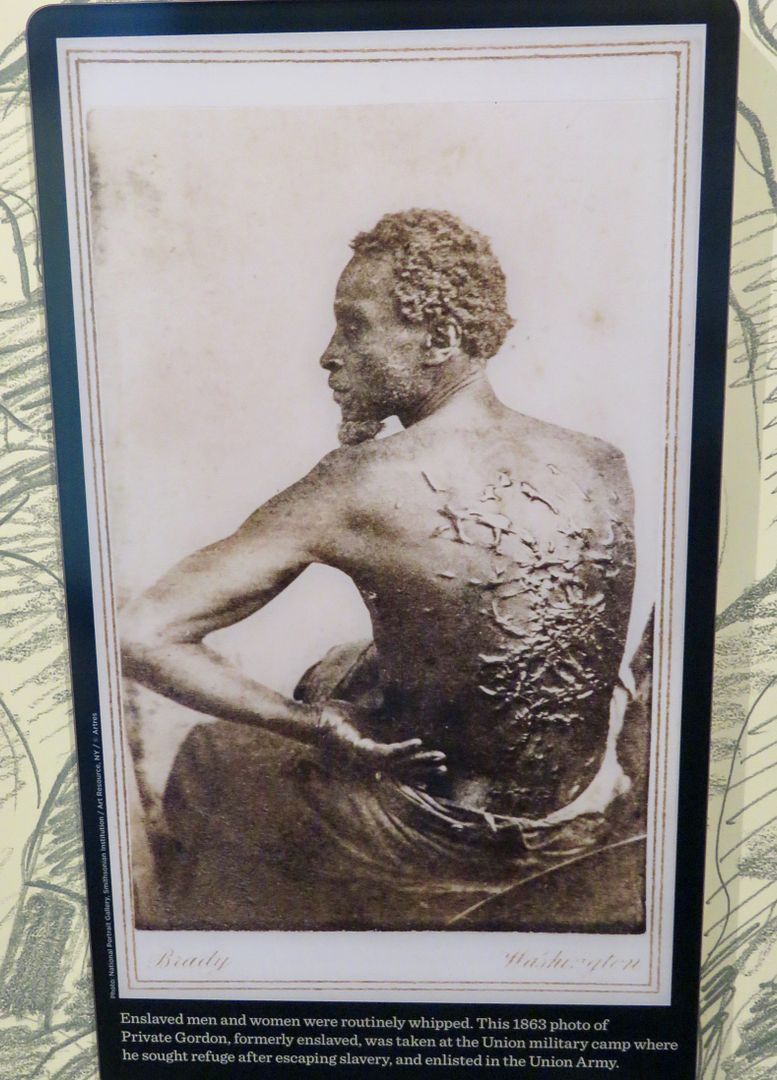

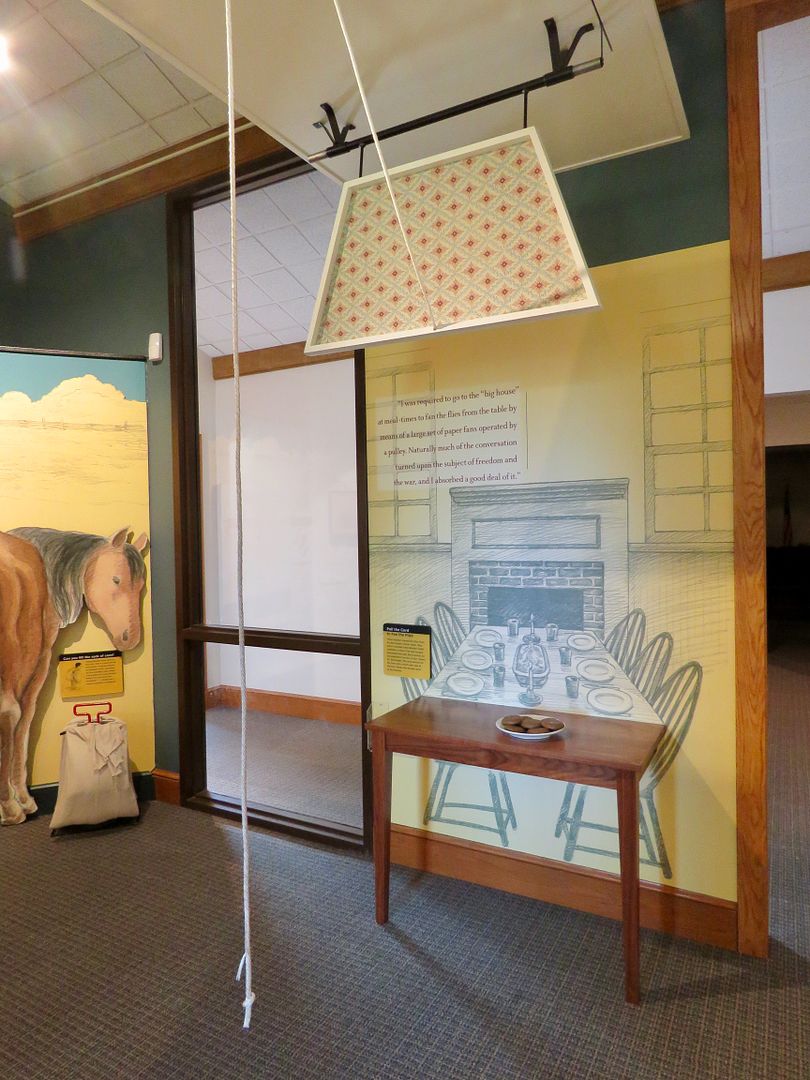
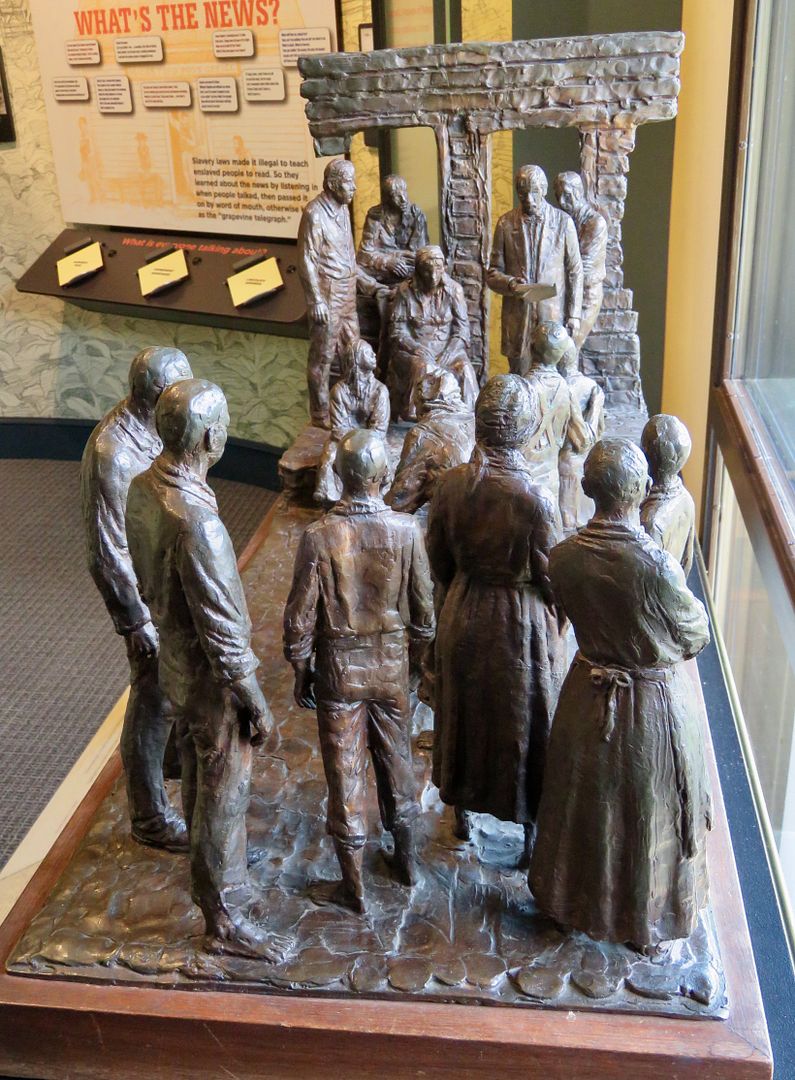
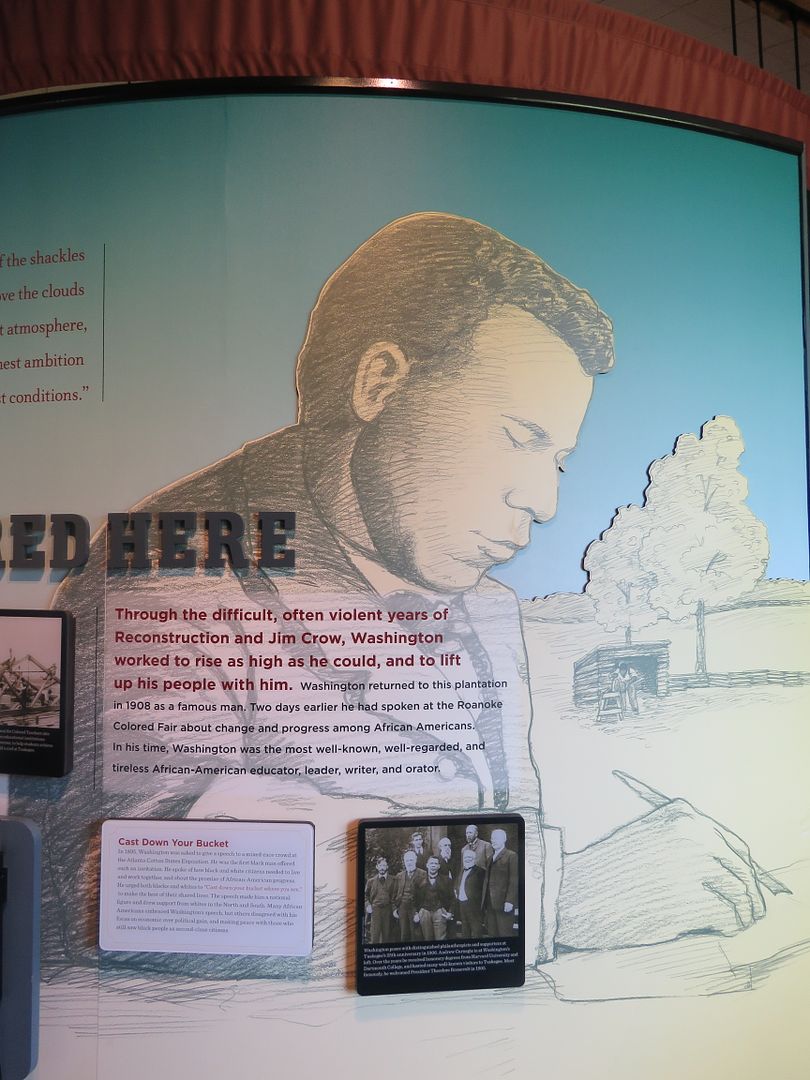
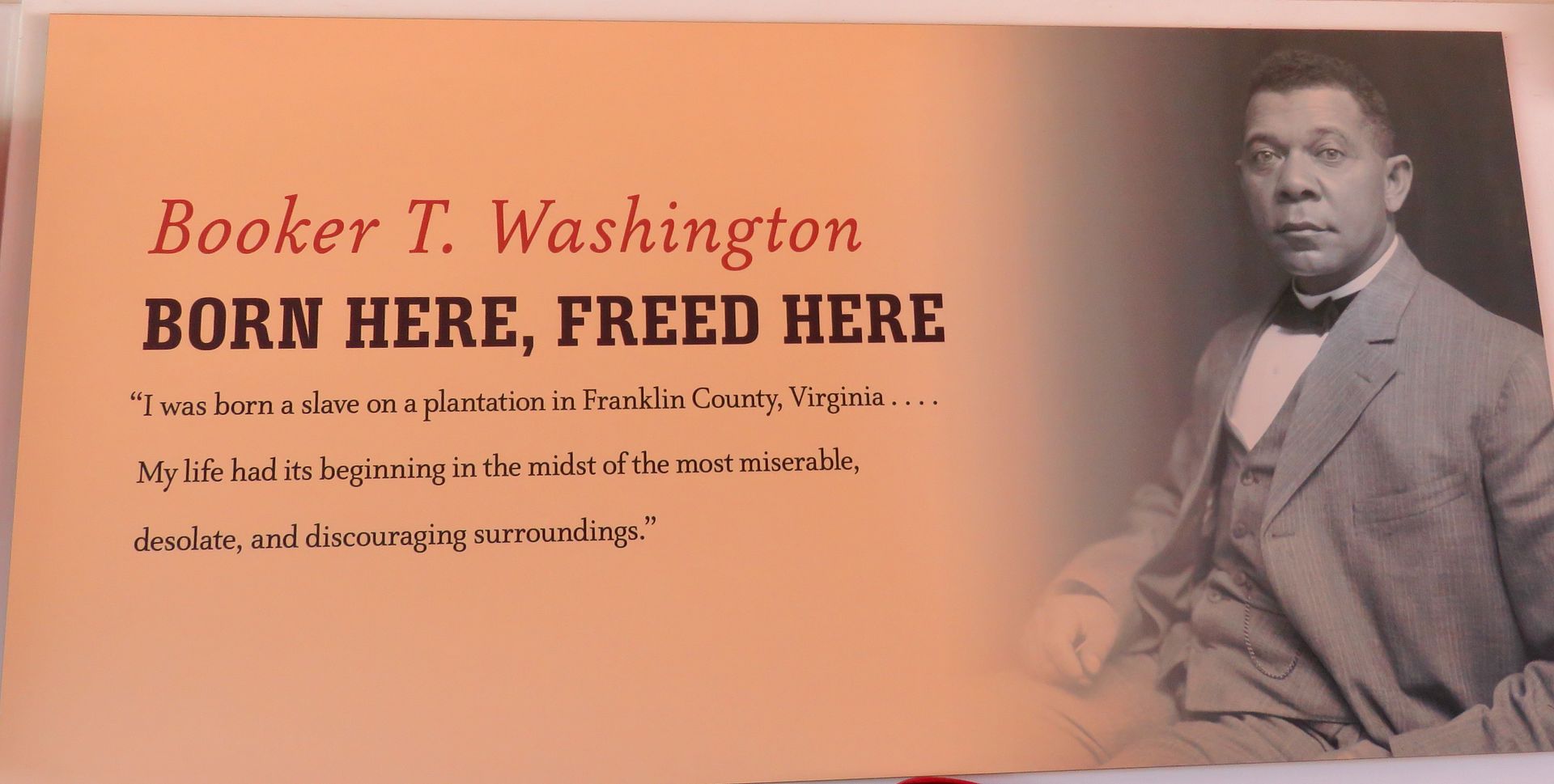

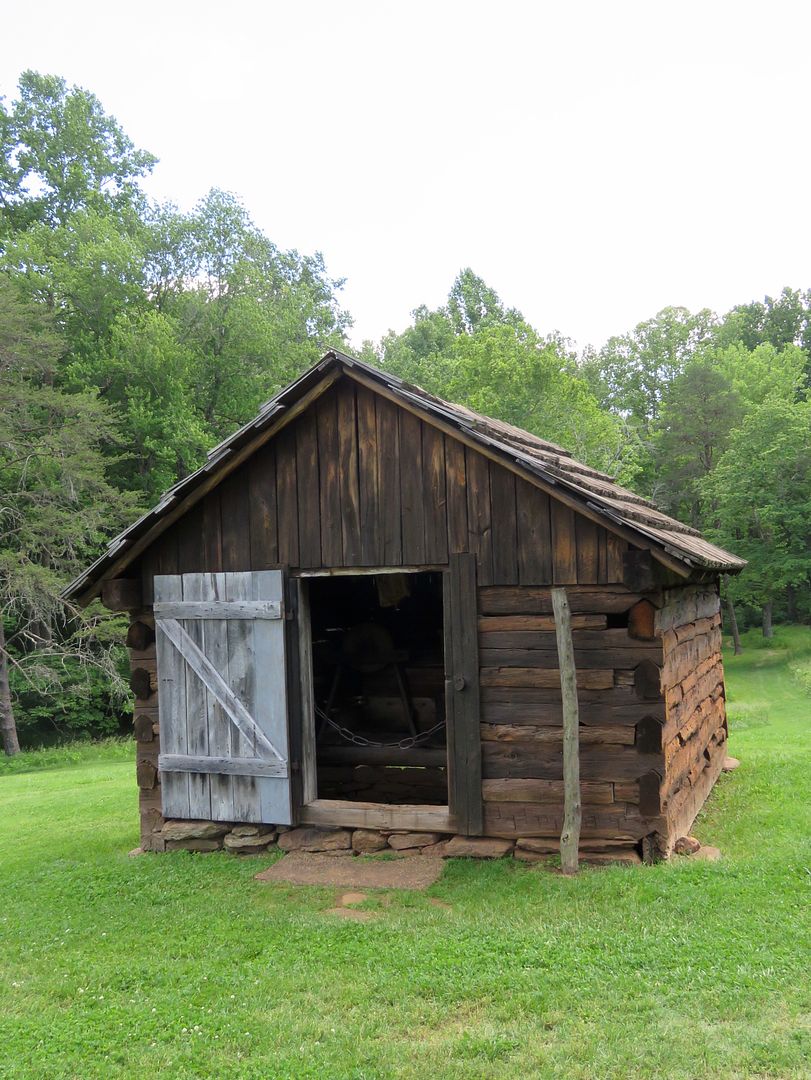
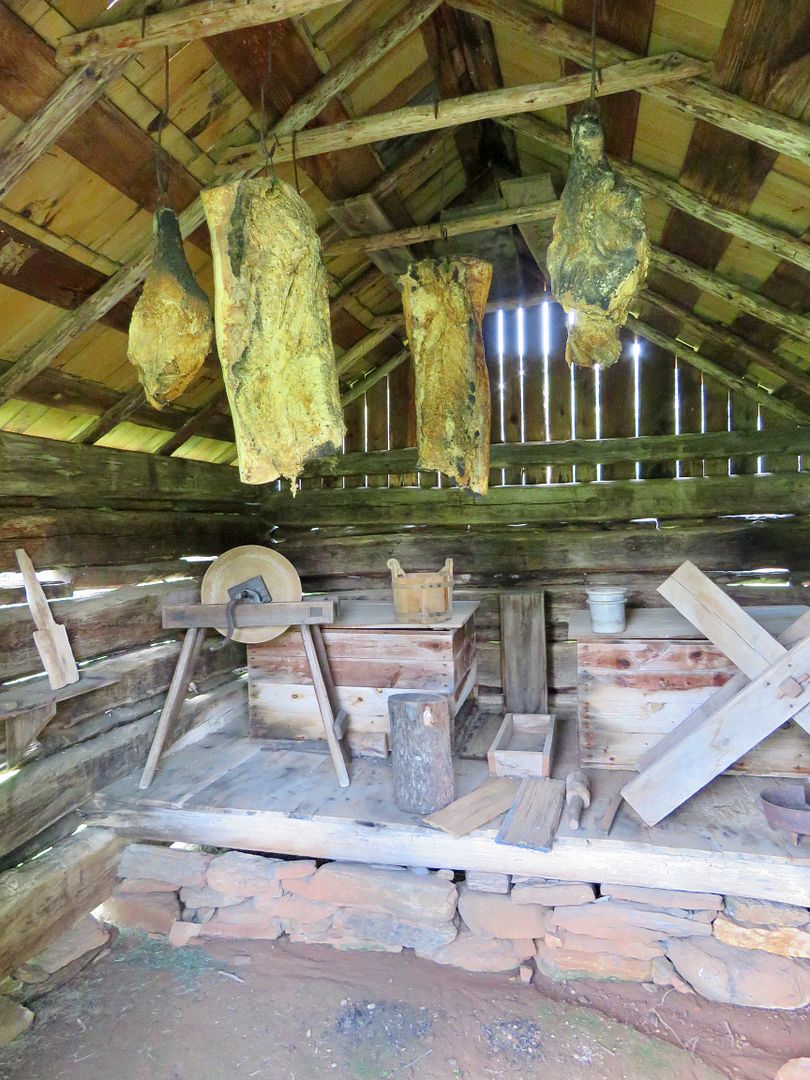
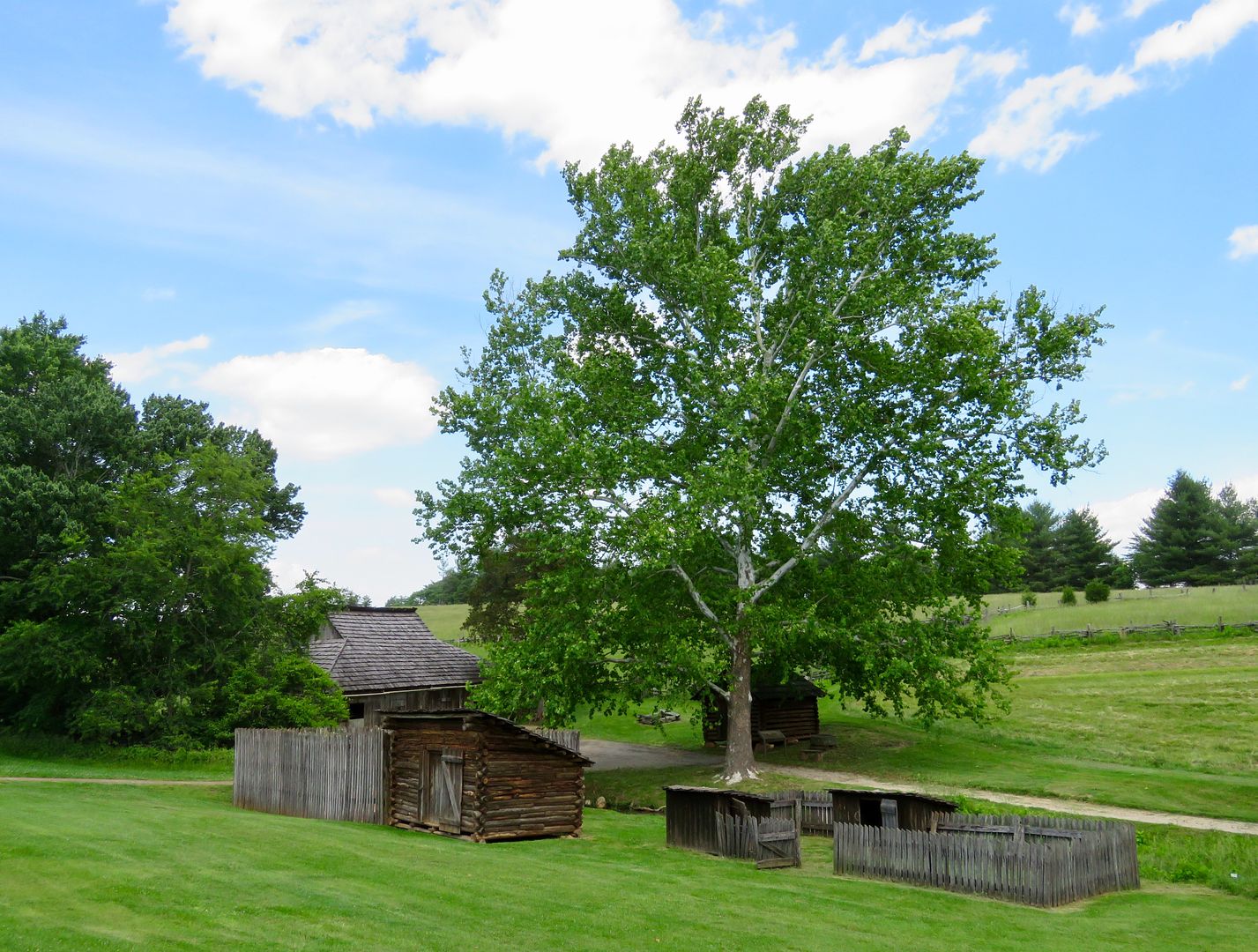
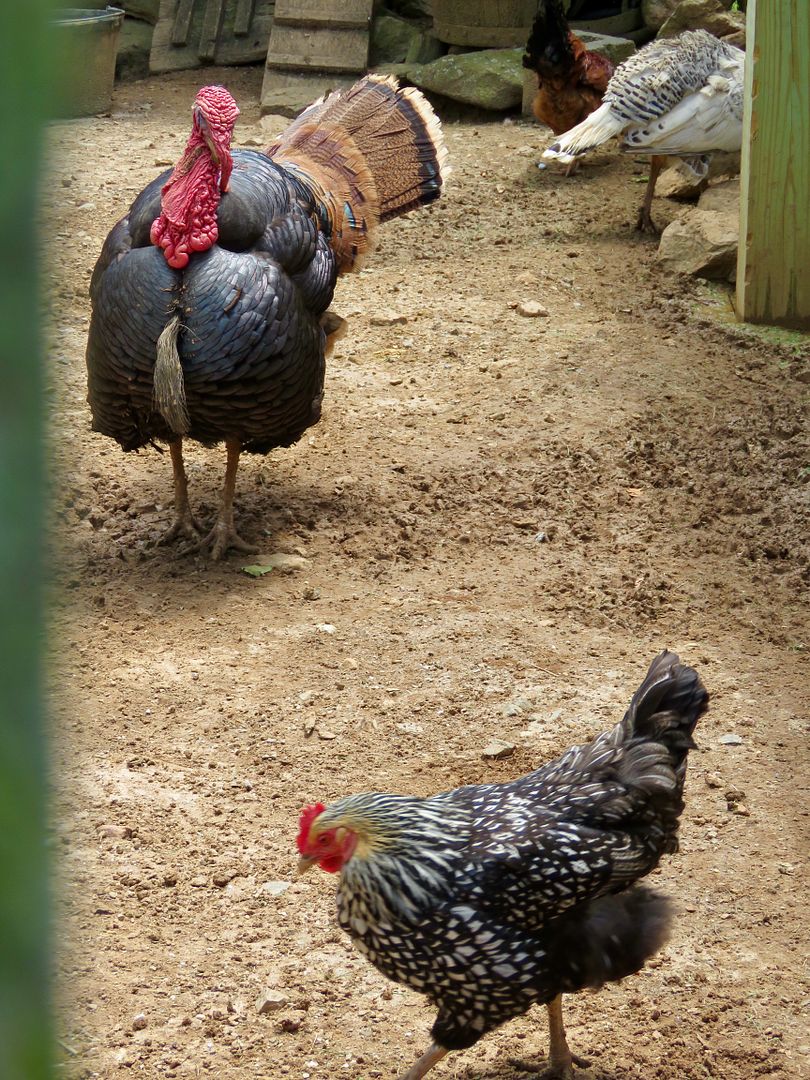
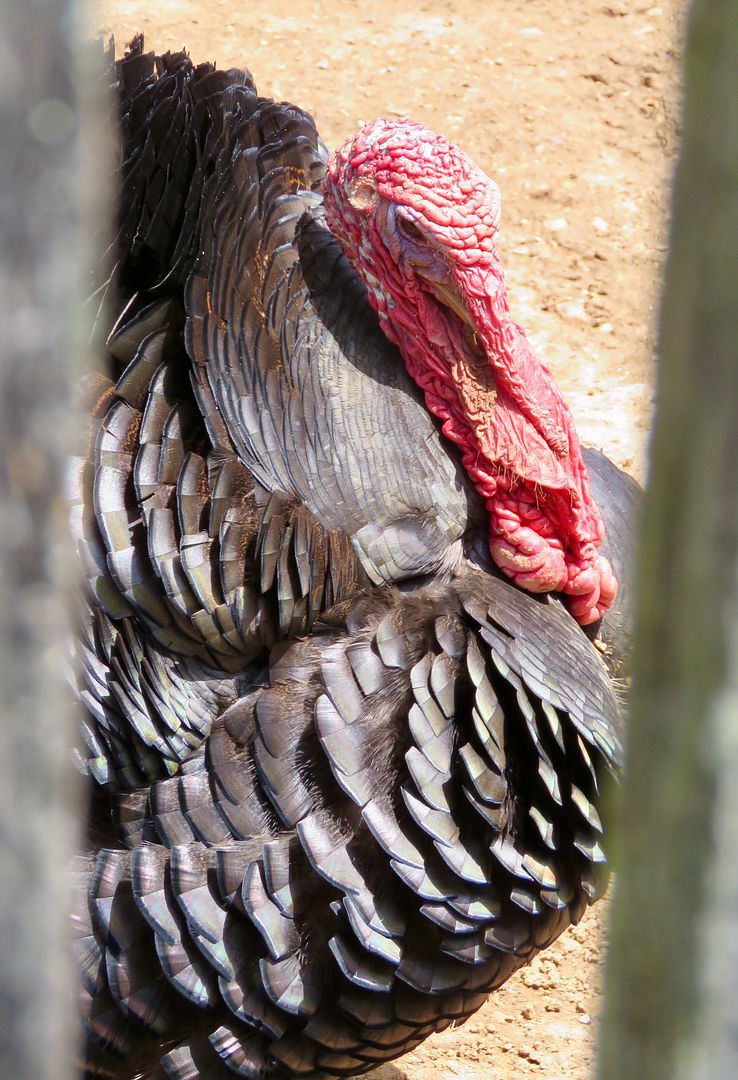
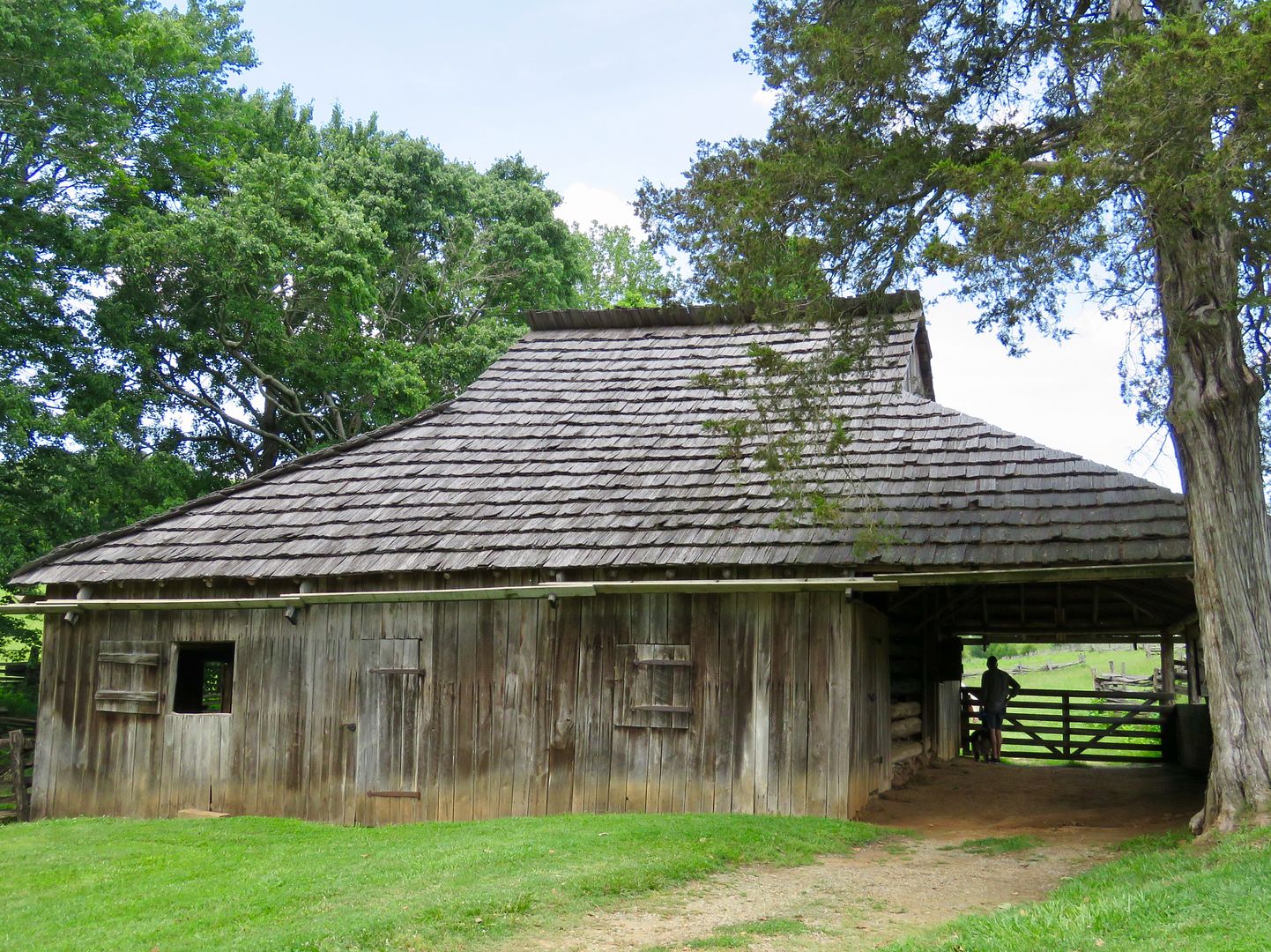
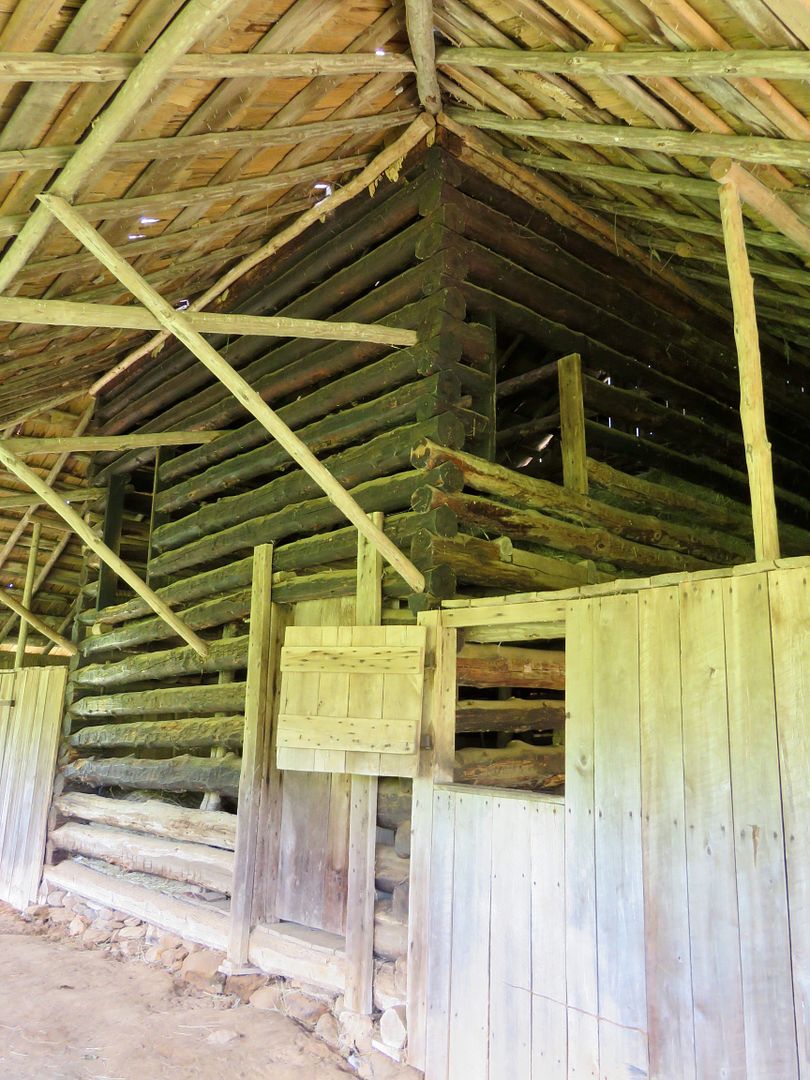
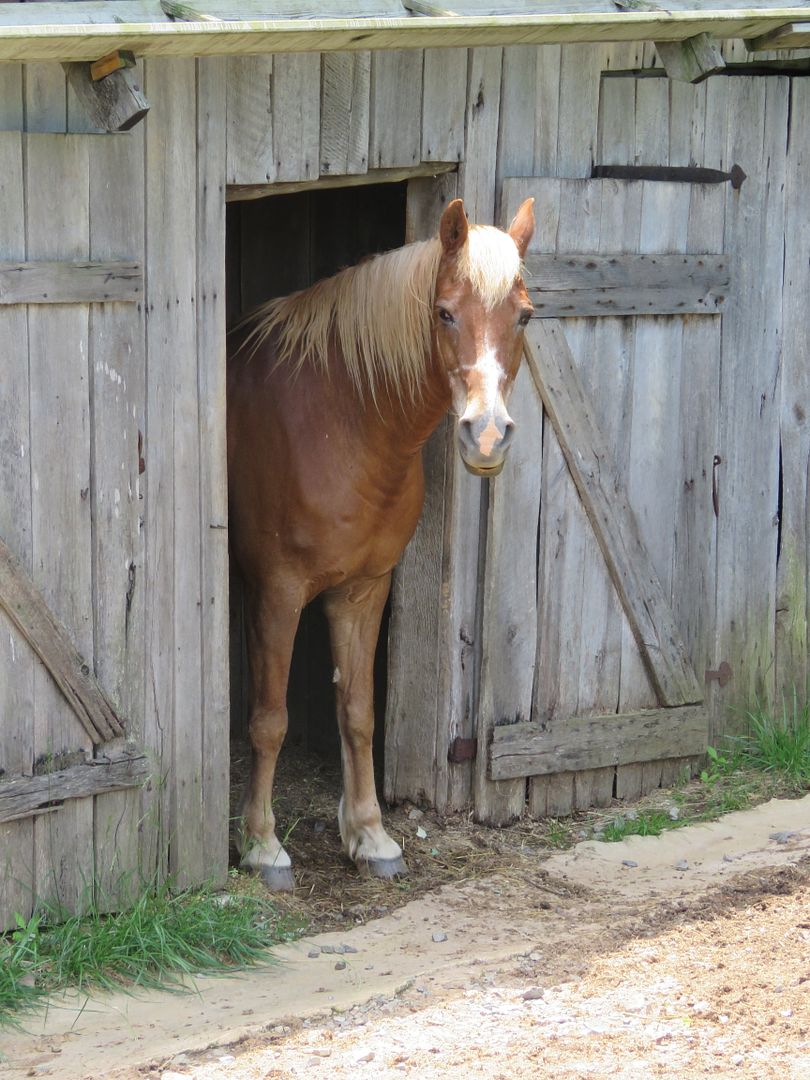
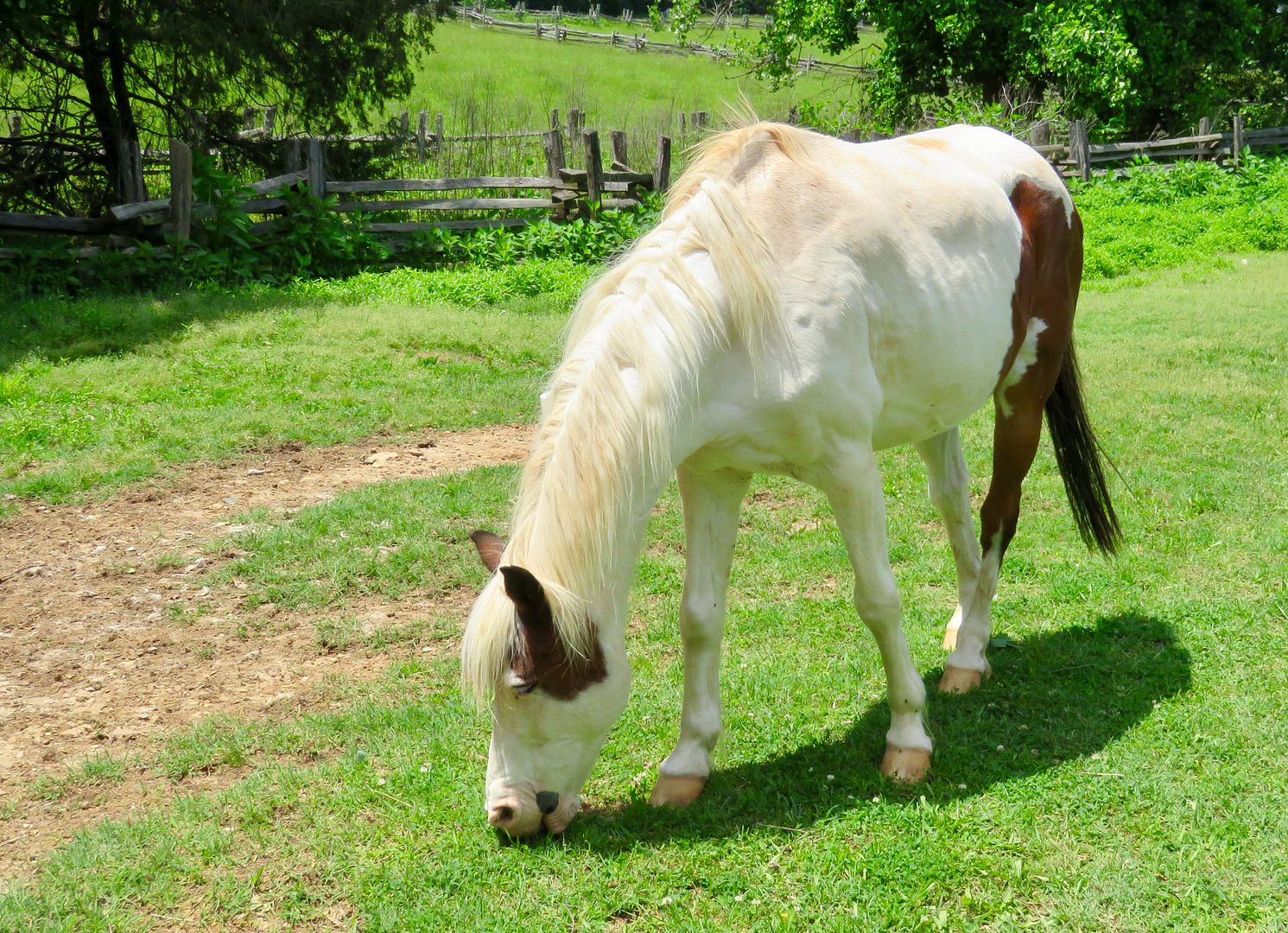

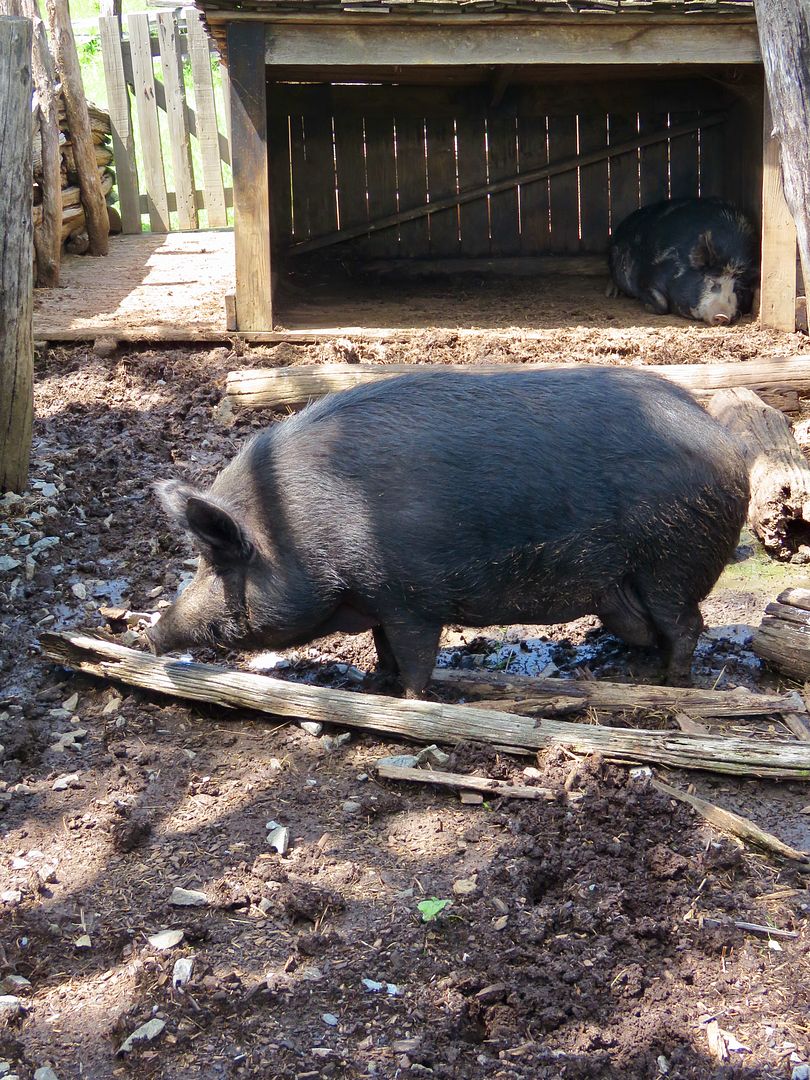

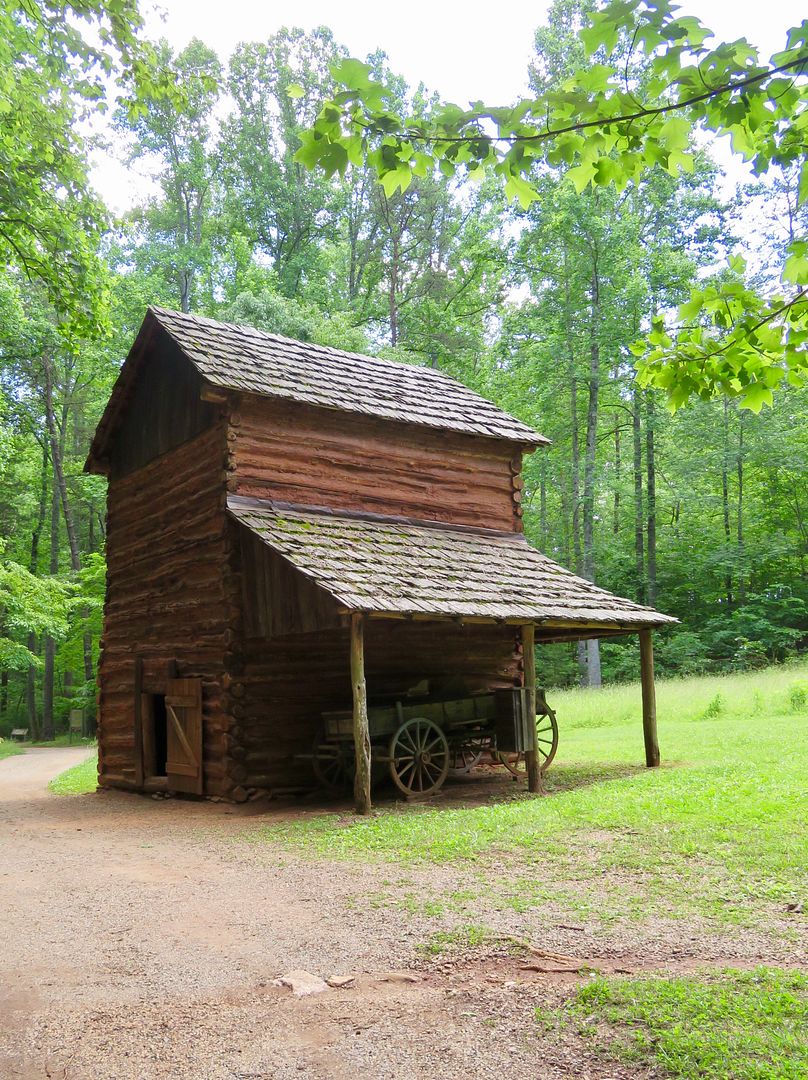

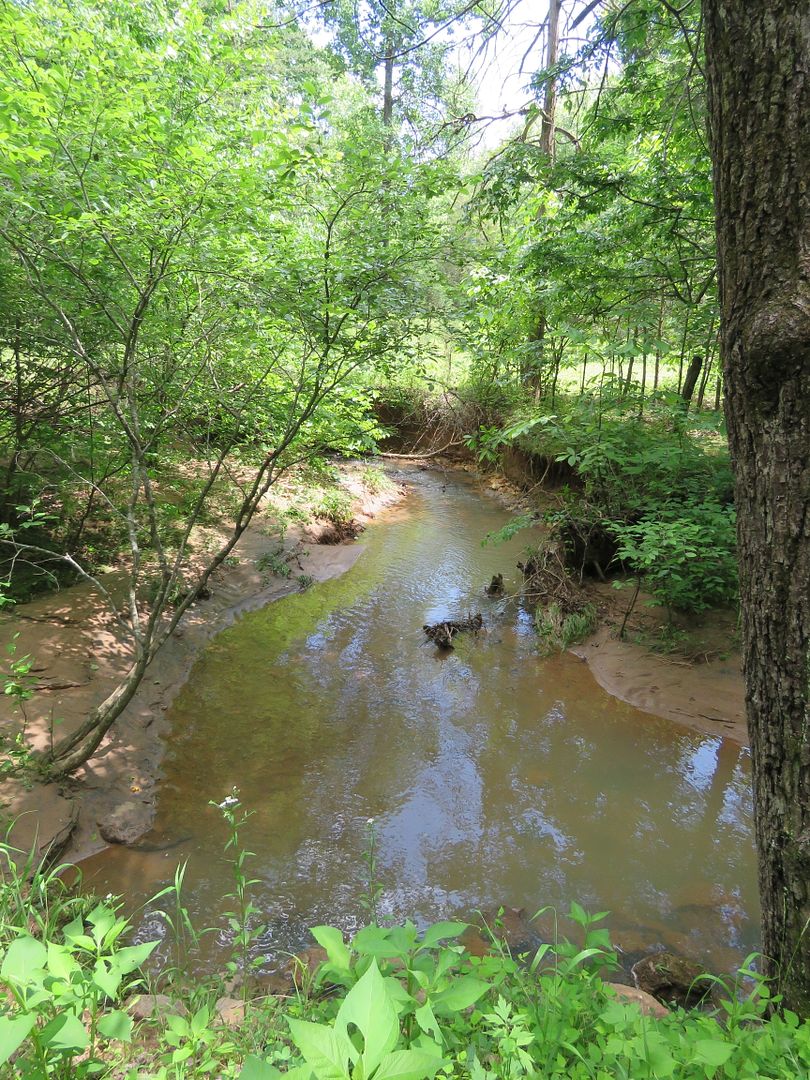
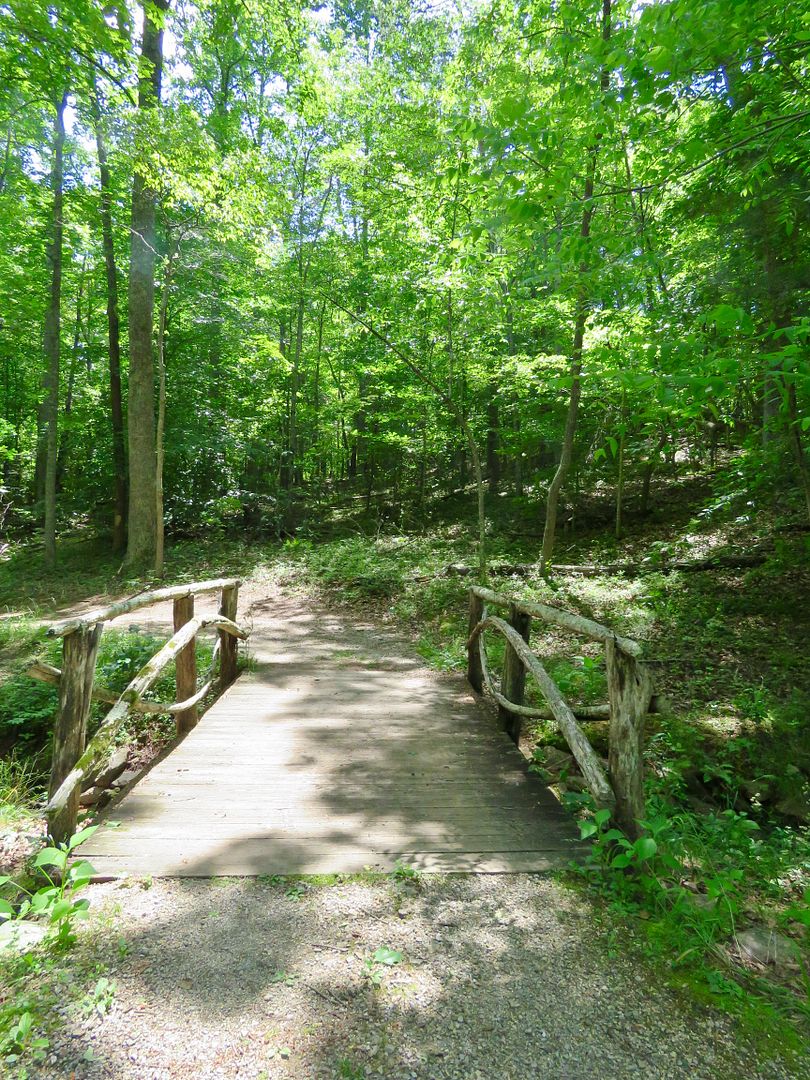
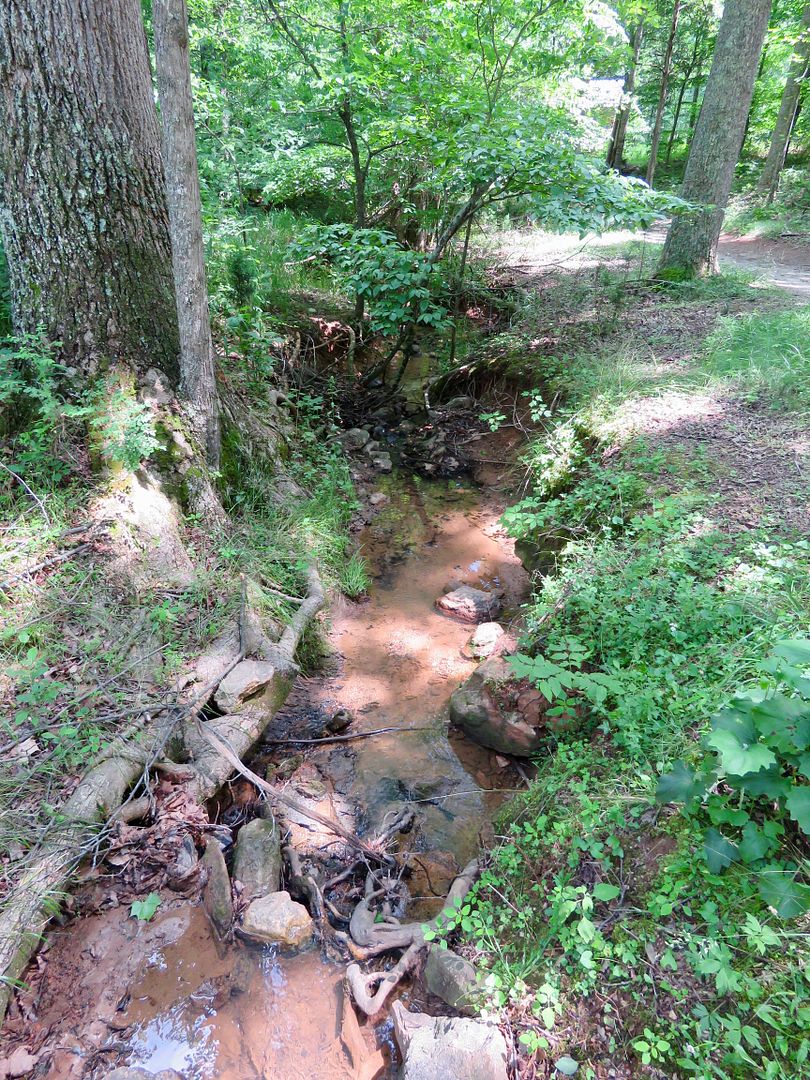

No comments:
Post a Comment